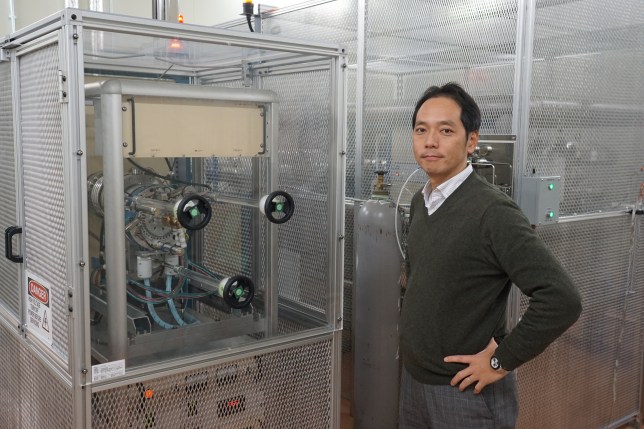Coral skeletal chemistry tells the fate of future reefs
One of the uncertainties for future environments is the degree of resilience of coral reefs under current global warming scenarios. Increases in atmospheric CO2
Speakers
Content navigation
Description

One of the uncertainties for future environments is the degree of resilience of coral reefs under current global warming scenarios. Increases in atmospheric CO2 levels lead to ocean warming as well as acidification. Two approaches can lead to a better understanding of the issues: Firstly, conducting experiments under controlled conditions or secondly, studying corals in the field to monitor their response to environmental changes. The former is undertaken in corals cultured in the lab under controlled temperature, pH and light conditions followed by examination of various isotope and trace element signatures.
Genetic bioinformatic approaches were also tried to discover the mechanisms controlling each proxy. In the second approach fossil corals such as those from Tahiti and the Great Barrier Reef, were examined. These samples were recovered during the IODP expeditions 310 and 325. The record extends back over 30,000 years. During this time, there were large ( >125 m) changes in sea level. Temperatures rose by as much as 3-5 degree C and atmospheric CO2 levels increased. Calcification of coral skeletons were also examined both in laboratory grown samples and also in those collected from Japanese islands. It was found that coral-algal symbiosis plays an important role in promoting calcification. However, calcification rates have largely declined during the recent decades in contrast to those grown in laboratory experiments.
Yusuke Yokoyama is a Professor at the Atmosphere and Ocean Research Institute, The University of Tokyo. He is also appointed at the School of Science (Department of Earth and Planetary Science) as well as at Graduate School of Arts and Sciences, College of Arts and Sciences (Graduate Program on Environmental Sciences). Yusuke received his PhD from The Australian National University (2000), where he conducted his study at the Research School of Earth Sciences. He then moved to the Space Sciences Laboratory, University of California, Berkeley as a postdoctoral chemist, and then was appointed as a research scientist at the Lawrence Livermore National Laboratory, Department of Energy, USA, before returning to Japan in late 2002. He has been appointed at the University of Tokyo since he returned to Japan. His research interest is to reconstruct past climate and environments to better understand physics and interactions of Earth’s various components such as cryosphere, ocean, atmosphere as well as biosphere. Recent studies including ecological studies using isotope geochemical approaches such as compound specific isotopes.
Location
UC Theatrette, 1A21 (next to Mizzuna Cafe), University of Canberra
